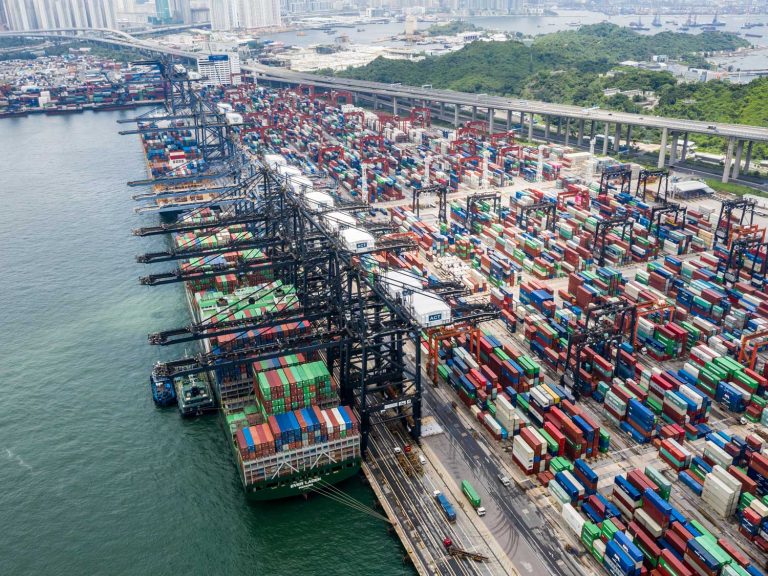
Date:
Vessel fuel prices jump, with BAF likely to follow
After a massive spike in fuel prices, in the run up to IMO 2020, marine fuel prices collapsed as the COVID pandemic took hold, but have been increasing rapidly in recent weeks, raising fears of BAF increases.
The IMO’s global emissions regulations – IMO2020 – which impacted the global container fleet at the start of 2020, mandates that ships without scrubbers cannot burn 3.5% sulphur fuel known as high sulphur fuel oil (HSFO) and must burn 0.5% sulphur fuel known as very low sulphur fuel oil (VLSFO) or 0.1% sulphur marine gas oil (MGO).
With the industry anticipating a £10 billion marine fuel bill in 2020, by switching to low sulphur marine fuels in order to meet the sulphur content caps of 0.5%, attention was on which shipowners had got it right – scrubbers and HSFO, or the VLSFO users.
Instead, due to the global economic impact of COVID, the price of oil and consequently marine fuel collapsed and all shipowners actually saved money on fuel last year, against all odds further adding to their coffers.
This year, the trend is moving in the opposite direction, with the price of marine fuel increasing to levels that “scrubbers” – the equipment that allows ships to use cheaper, high-sulphur fuel – are starting to repay their installation costs.
The price of oil has recovered to pre-pandemic levels, rising over 50% in the last few months, driven by expectations for economic and oil demand recovery amid signs that the coronavirus may finally be in retreat, as vaccination programmes expand.
The increases in marine fuel prices, driven by those higher crude oil prices, will mean the lines will likely be seeking to pass more cost on to shippers, who should prepare for future BAF increases.
Demand for fuel from airlines has seen the most dramatic fall and while many travel curbs remain in place, demand has picked up in other areas, driven in part by the shift to working and consequently consuming more from home.
With consumers buying more goods online, the fuel demand for the supporting supply chain has grown exponentially, creating a spike for plastic packaging, which is made using oil products.
Oil demand is still lower than pre-pandemic levels but the strong economic recovery expected by many, would trigger a full and sustained rebound in world energy demand for years to come, with accompanying impact on vessel operating costs.
The shipping lines operate different BAF mechanisms, which means they do not adjust BAFs simultaneously. Some do it monthly, based on average fuel price with a two-month time lag, while others adjust it quarterly, so we could see recent oil price rises affecting monthly BAFs by March and quarterly adjustments in April.

We will be watching calculations carefully, particularly if the BAF is based on the VLSFO price, while ships using scrubbers and HSFO, which is the case on the Asia-Europe trade, will be operating at lower cost and the spread growing.
Metro often adopt a ‘blended’ approach with the BAF mechanism for consistency and simplicity which we always ensure is clearly understood by our customers.
It is worth noting, that while nothing is certain in terms of BAF outcomes at the current time, we are predicting and sharing the changes that may occur for transparency.
For further details please contact Ian Barnes or Grant Liddell for the latest update on market conditions and intelligence and how we are offering solutions to ensure that we stay ahead of the unravelling and volatile situation in global logistics.
